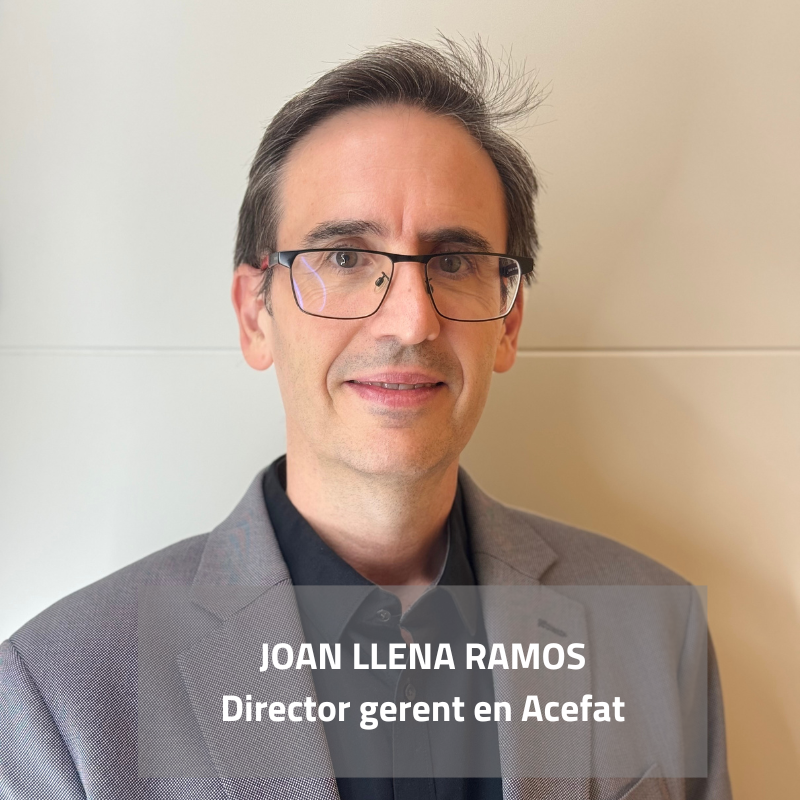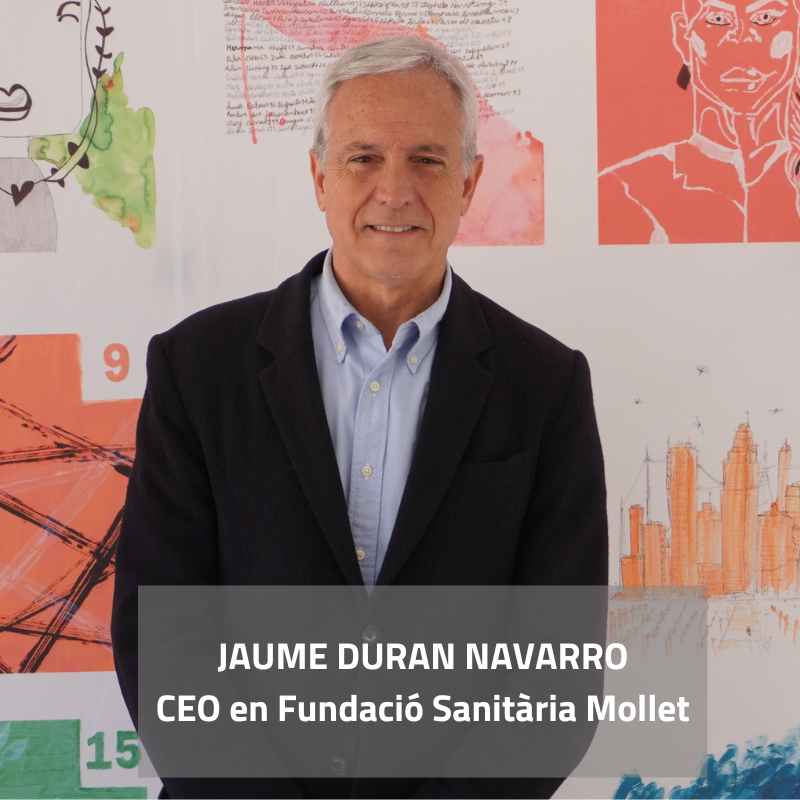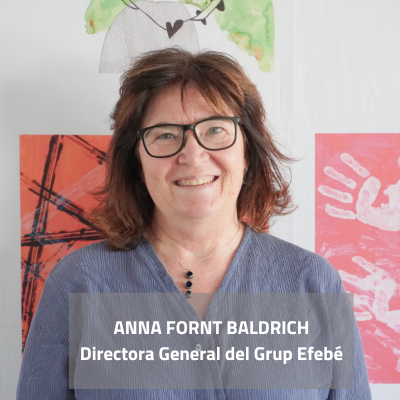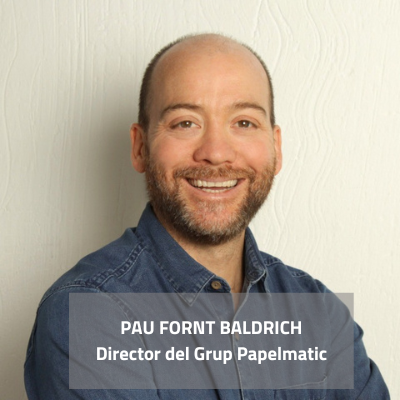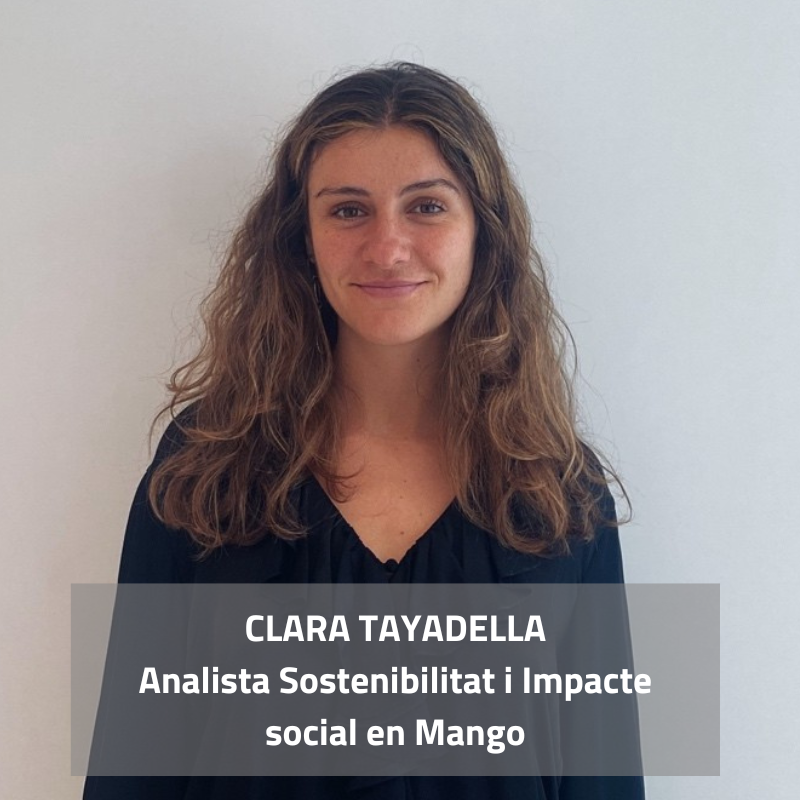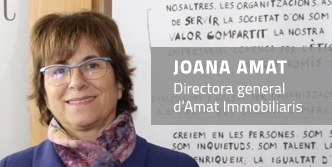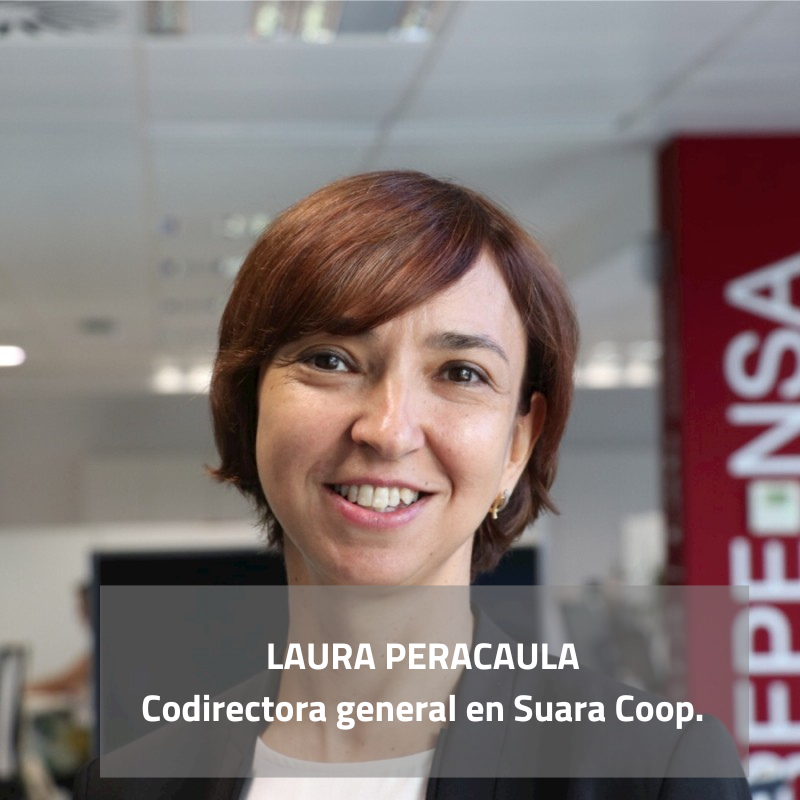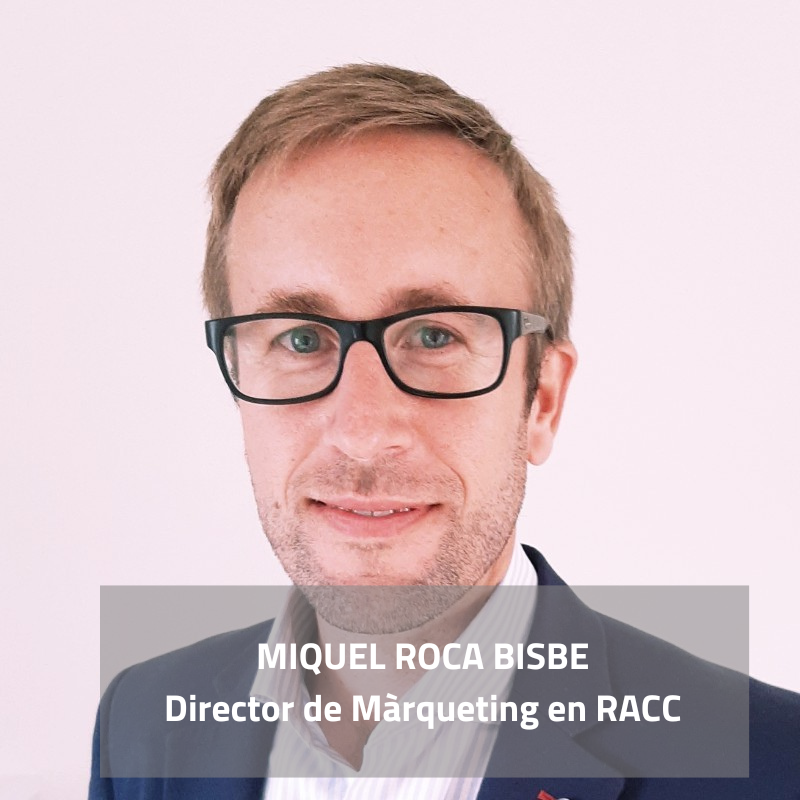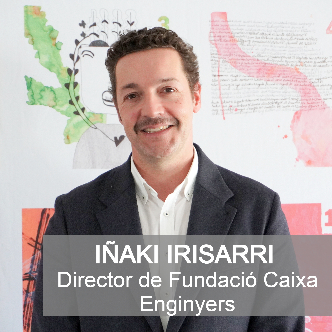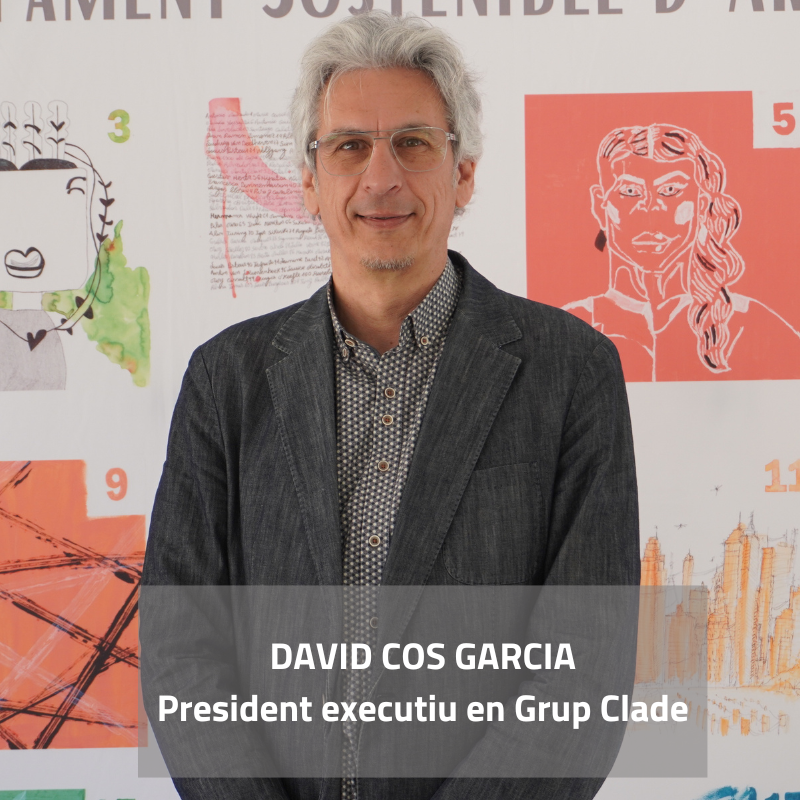UN approved the Sustainable Development Goals on 2015 for the next fifteen years
![]()
- The United Nations has approved a set of global targets to eradicate poverty, protect the planet and ensure prosperity for all as part of a new sustainable development agenda.
- The World Summit has been a milestone for the promotion of sustainable development and Ban Ki-moon said that “we could become the first generation to end poverty”
- Each goal has specific targets to be achieved over the next 15 years. To achieve them, everyone should do their part: governments, private sector, civil society and citizens.
On September 25, 2015 took place the Summit on Sustainable Development in which the 193 member states of the United Nations (UN) reached a consensus on the final document of a new sustainable development agenda entitled “Transform our world in 2030 Agenda for Sustainable Development”. This agenda, which contains 17 Sustainable Development Goals (SDG) and 169 targets, serve as an Action Plan for the international community and national governments to promote common prosperity and welfare in the next 15 years.
After the debate on the post-2015 development agenda, new goals, which have replaced the Millennium Development Goals (MDG) in January 2016, are part of an agenda that will focus on three interconnected elements of sustainable development: economic growth, social inclusion and environmental protection. The objectives and targets will stimulate action for the next 15 years in five areas: people, peace, planet, cooperation and progress.
For the first time, companies are considered key for the achievement of the new challenges that humanity is facing, thanks to their ability to contribute to the development of those environments in which they operate, and transfer know-how to other actors and territories. In this regard, the UN recognizes the transforming power of the companies being the main source of global economic activity.
With the approval of the 17 SDG, companies have a roadmap to align their actions and strategies to achieve together the challenges set out in the new book. During the summit, held at the UN headquarters in New York, the political leaders of the countries that participated in the preparation and their representatives presented the ODS for adoption by all Member States of the General Assembly of the UN.
The ODS take over the Millennium Development Goals
The SDG replace the Millennium Development Goals (MDG), promoted by the UN between 2000 and 2015, and have helped more than 1,000 million people getting out of poverty. The MDG were composed by eight goals and 21 targets and has been the starting point to build the global agenda for sustainable development. The SDG will guide the overall development untill 2030 and represent a unique opportunity to end poverty and hunger, combating inequality and fight climate change. After three years of negotiations, the ODS have been agreed between the member countries of the UN, NGOs and civil society. Unlike the MDG, which were developed by a group of experts behind closed doors, the SDG are the result of a broad process open to several stakeholders points of view. In addition, the objectives are a broad and interconnected way of addressing sustainable development: economic growth, social inclusion and environmental protection. Meanwhile, the MDG were focused mainly on the social agenda. Another difference is that the MDG were adressed to developing countries, particularly the poorest, while the SDG apply to everyone, rich and poor.”
For more information:
- Final document: “Transforming our world: the 2030 Agenda for Sustainable Development”: https://sustainabledevelopment.un.org/post2015/transformingourworld
 Related links:
Related links:
- #SDG Goal 1: End poverty in all its forms everywhere
- #SDG Goal 2: End hunger, achieve food security and improved nutrition and promote sustainable agriculture
- #SDG Goal 3: Ensure healthy lives and promote well-being for all at all ages
-
#SDG Goal 4: Ensure inclusive and quality education for all and promote lifelong learning
-
#SDG Goal 5: Achieve gender equality and empower all women and girls
- #SDG Goal 6: Ensure access to water and sanitation for all
-
#SDG Goal 7: Ensure access to affordable, reliable, sustainable and modern energy for all
-
#SDG Goal 8: Promote inclusive and sustainable economic growth, employment and decent work for all
-
#SDG Goal 11: Make cities inclusive, safe, resilient and sustainable
-
#SDG Goal 12: Ensure sustainable consumption and production patterns
-
#SDG Goal 13: Take urgent action to combat climate change and its impacts
-
#SDG Goal 14: Conserve and sustainably use the oceans, seas and marine resources
-
#SDG Goal 16: Promote just, peaceful and inclusive societies
- #SDG Goal 17: Revitalize the global partnership for sustainable development









